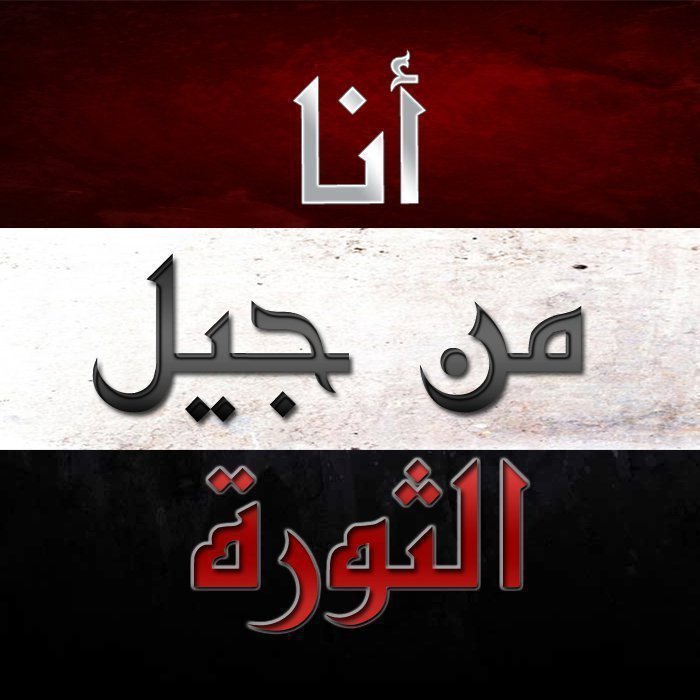طط³ط§ظ… ظ…ظ†طµظˆط± أأ 2006-11-14
In his article, The Clash of Civilizations, Samuel Huntington argues that the fundamental source of conflict in the world will not be primarily ideological or economic, but rather cultural. This conflict of civilizations will be the last phase in the evolution of conflict in the world. The first phase was the national conflict- emperors and absolute Monarchs. The second phase is the war of ideologies, communism and liberalism. What distinguishes the first two phases that they were conflicts inside the western culture, unlike the third phase, which is between the West and the Rest-the rest of the Civilizations in the world. He identifies civilization as the highest cultural grouping of people in the broadest level of cultural identity.
I agree with the writer in most of his points concerning the Arab World. He says:
“As Safar Al-Hawali, dean of Islamic Studies at the Umm Al-Qura University in Mecca put it in a widely circulated tape. (It is the West against Islam)… Ayatollah Ali Khamenei, called for a holy war against the West: (The struggle against American aggression, greed, plans and policies will be counted as a jihad, and anybody who is killed on that path is a martyr.)… Muslims contrasted Western actions against Iraq with the West’s failure to protect Bosnians against Serbs and to impose sanctions on Israel for violating U.N. resolutions. The West, they alleged, was using a double standard. A world of clashing civilizations, however, is inevitably a world of double standards: people apply one standard to their kin-countries and a different standard to others.â€
It is true that most Arabs are resentful of the Western culture because of many reasons. One factor that the writer mentions is the military interventions in the Middle-East. The USA alone has interfered militarily more than five times in the past fifty years. This feelings of hatred coexist with the flourishing of democracy in some are countries, which is also passing to other Arab countries. The first group benefiting from that in the Arab World generally is the religious Fundamentalists. Since I’m doing my paper on Egypt, I will bring an explanatory example. In Egypt, the Moslem-Brother, although it is a legally prohibited political entity, had won historical seats in the past parliamentary election in spite of many harassment and detention by the regime for the Moslem-Brothers supporters. Where does Egypt go from here? What will happen if the Moslem-Brothers take the rule? I think it is very likely to end with a clash of civilizations as Huntington predicts. One can argue-or let me say hope- that such religious movements evolve in a political instead of religious entity. Only if they do, can the Middle-East avoid the conflict.
One can argue against the theory of conflict development- from nations to ideologies to cultures and civilizations- with the fact that the Crusades took place even long before the conflict of ideologies and perhaps also the conflict of the nations. The Crusades were wars between the West and the Middle-East, between the Western and Islamic civilizations. Another argument to be made against the theory is that borders of relation between the ideology and the culture of a nation are too grey distinguish two different reasons for conflicts. Most of the time ideologies are a result to the nation’s culture.
In addition, one can argue using the USA as an example that the conflict and the clash of civilizations can be voided. The US is so diverse that you can find all different kinds of the cultures, which Huntington mentioned, in this country, perhaps even in some cities of this country, like New York or Los Angeles. Maybe the world will learn that it is big enough place for all different cultures. But I agree with Huntington that the world will only reach this stage eventually after a series of wars and conflicts, which we have been watching and will keep watching. Moreover, even in the American societiy, there are conflicts on the individual level because of ethnicities, inequalities, etc. In addition, taking this coexistence from the individual to the state level is a very hard task because of many factors as sovereignty, identities, and clash of interests.
ظ…ظ†ظ‡ط¬ ظ…ظˆظ‚ط¹ ط§ظ‡ظ„ ط§ظ„ظ‚ط±ط§ظ†
ط´ط±ظˆط· ط§ظ„ظ†ط´ط± ط¨ط§ظ„ظ…ظˆظ‚ط¹
ط§ط´طھط±ظƒ ط¨ط§ظ„ظ†ط´ط±ط© ط§ظ„ط§ظƒطھط±ظˆظ†ظٹط©
ط¯ط¹ظˆط© ظ„ظ„طھط¨ط±ط¹
ط§ظ„طھط±ط¬ظ…ط© ظ„ظ„ظپط§ط±ط³ظٹط©: ط¨ط³ظ… ط§ظ„ظ„ظ‡ ط§ظ„ط±طظ… ظ† ط§ظ„ط±ط&# 1740;ظ… ط§ظ„ط³ظ„ط§ ظ… ...
ط³ط¤ط§ظ„ط§ظ† : ط§ظ„ط³ط¤ط§ ظ„ ط§ظ„ط£ظˆظ„ : طط¯ظٹط « طµظپظٹط ( ط£ظ†ط§ ظ…ظ‚طھظ†ط¹ طھظ…ط§ظ…ط§...
more

